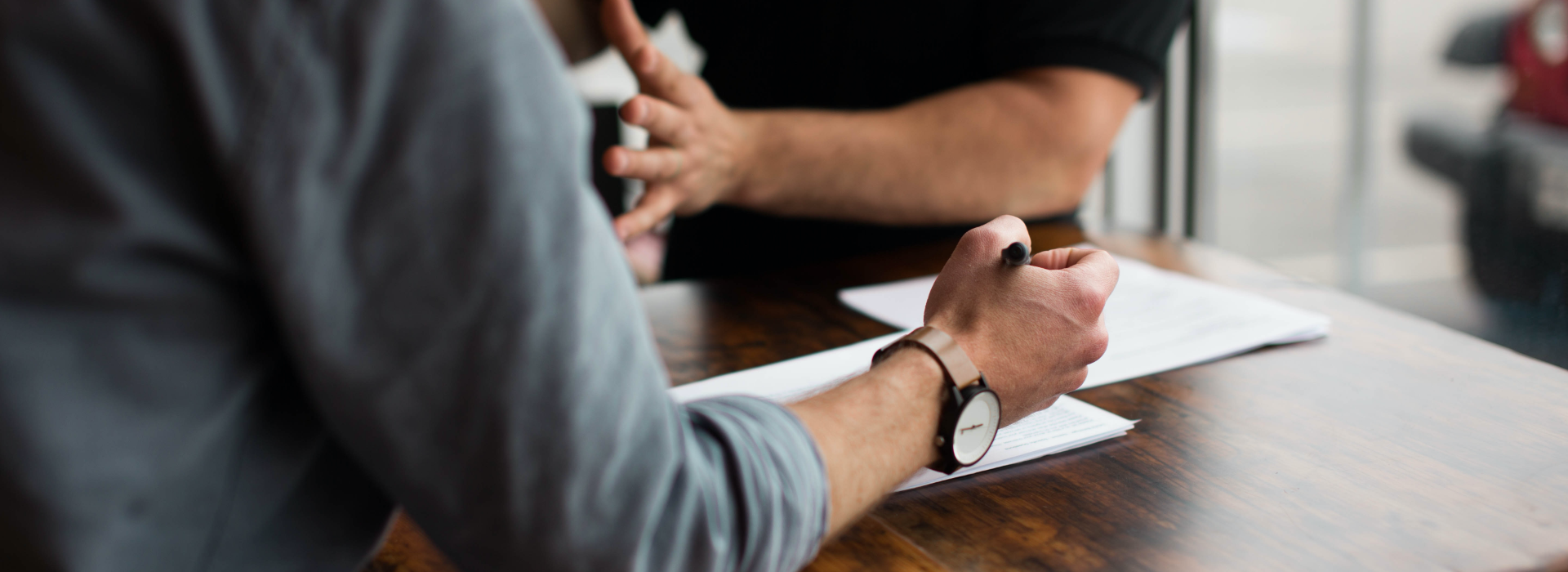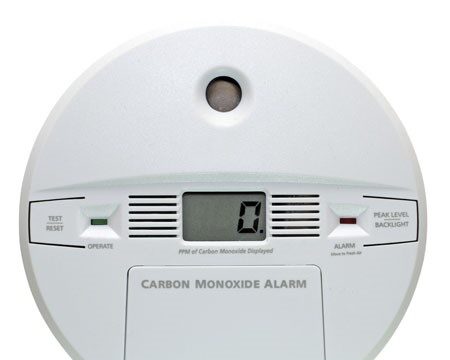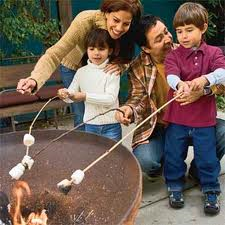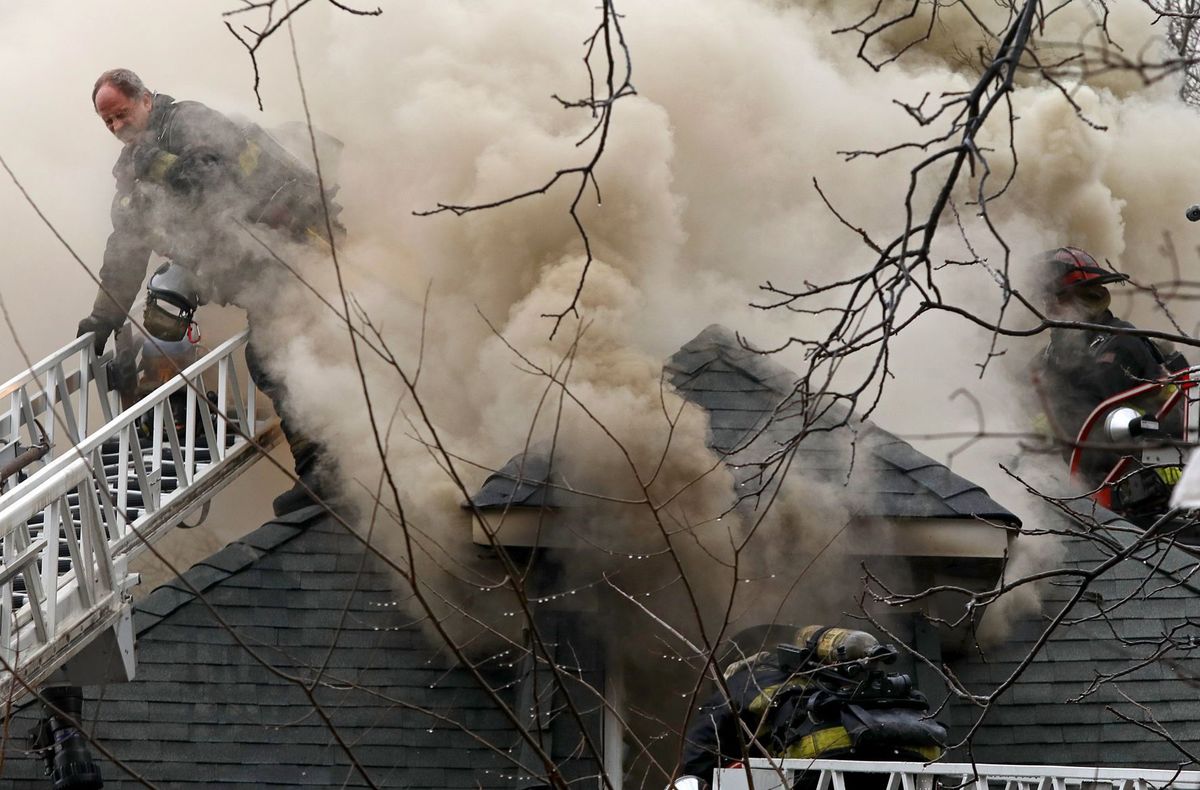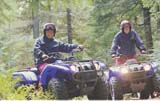Temperatures are falling fast. Another harsh winter is predicted across the country. Keep these tips in mind to stay warm and safe this fall and winter season.
Service Your Furnace 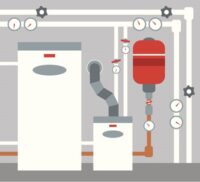
Before the cold weather sets in, have your furnace professionally serviced. They should ensure everything is in working order and that it is properly vented to the outside with no leaks.
Install Early Detection Systems for Smoke and Carbon Monoxide
November, December, January and February are the top months for carbon monoxide (CO) poisoning deaths in the United States. Nearly two-thirds of non-fire related CO deaths take place during these four cold weather months.
Carbon monoxide (CO) is a colorless, odorless, poisonous gas. You can’t taste, see or smell CO, but it can kill in just minutes. Appliances fueled with natural gas, liquefied petroleum (LP gas), oil, kerosene, coal, or wood may produce CO. Burning charcoal also produces CO.
Early detection can save your life and the lives of your family. It is imperative that your house have smoke alarms and CO alarms, which should be installed on every level of your home and outside the sleeping areas. Change the batteries in your smoke alarms and carbon monoxide detectors when you turn back your clocks for Daylight Saving Time. Make sure to check the alarms with the new batteries installed. Most smoke and CO alarms have expiration dates and will beep when they need to be replaced. If you are not sure, check the date and replace if the unit is over 5 years old. Check and replace any home fire extinguishers that have expired.
Use Fireplaces Safely
Before the first use of the season, have your fireplace and chimney inspected and cleaned by a professional. Always use a fireplace screen to keep sparks from flying out of the fireplace. Never leave a burning fire unattended, and make sure a fire in a fireplace is completely out before going to bed. Always dispose of fire place ashes in a metal container with a lid; and be sure to store it a safe distance from your house or any other structures.
Use Caution with Space Heaters
Always read the instructions on the unit before you use it. If the heater requires venting, make sure it is vented to the outdoors. Never use your stove or oven to heat your home; only use space heaters that are approved for this purpose. Always allow at least three feet of empty area around space heaters.
Use Extreme Caution with Portable Generators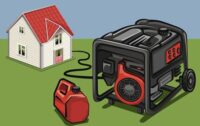
When the power goes out in a snow or ice storm, it is nice to have back-up power through a portable generator. However, these units should be used with extreme caution. Always read the instructions on the unit before you use it. Never use inside a house, garage, basement, crawlspace, shed, or semi-enclosed area like a porch. When in use, generators should be at least 20 feet away from the house.
Reconsider Leaf Burning
Burning leaves produces dangerous and cancer-causing chemicals. Homeowners are urged to avoid burning leaves. If you decide to burn leaves, wear a protective mask and do so far away from the house or other structures. Always check the weather forecast and do not burn leaves in windy conditions.
Exercise Candle Caution
Nearly 10,000 home fires start with improper candle use every year. Never leave candles burning unattended, and keep your candles away from pets and kids.
Use Fire Pits Safely
Outdoor fire pits have become very popular. To enjoy them safely, make sure the pit is made of an iron or stone basin. Always build or position the pit in a flat, open area away from trees. Whether the pit is store-bought or handmade, use a screen that properly fits for added protection. Take care to place the pit on concrete, dirt or gavel and take special care to avoid areas with grass and leaves. If the pit has a seating ring, ensure the seats are not flammable and are positioned at least 1.2 meters from the fire.
